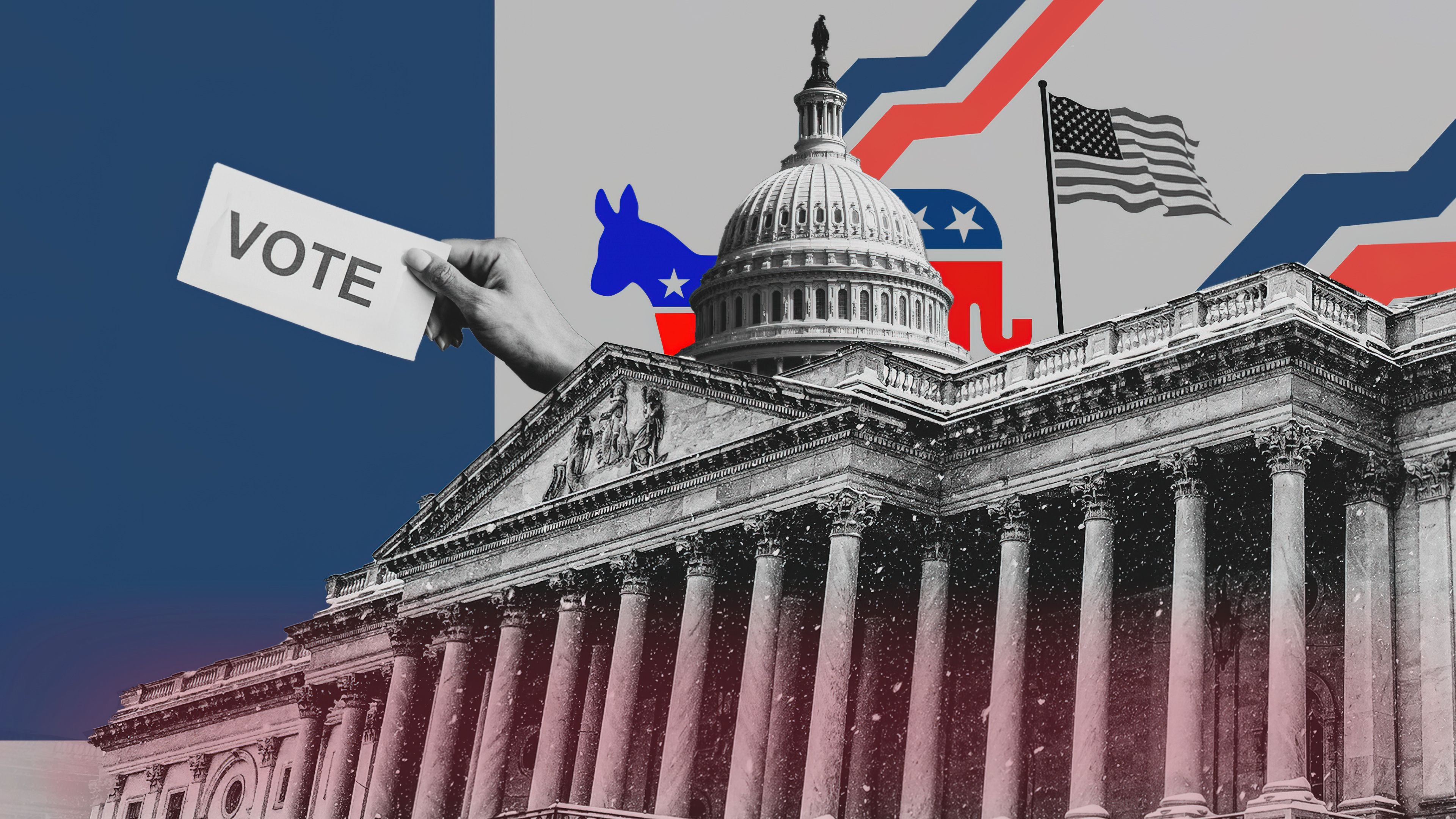Corrupção nos Partidos Americanos: Uma Análise Comparativa
Understanding Political Corruption
Political corruption is an issue that plagues many democracies around the world. In the United States, it manifests in various forms within political parties, affecting governance, policy-making, and public trust. Understanding the nuances of corruption in American political parties requires a comparative analysis of its different aspects and how they impact the political landscape.

Forms of Corruption in Political Parties
Corruption within American political parties can take many forms, including bribery, embezzlement, and nepotism. One of the most prevalent issues is the influence of money in politics. Campaign financing, especially in the form of Super PACs, often leads to a disproportionate influence by wealthy individuals and corporations on political candidates. This raises concerns about policies being shaped to favor contributors rather than the general public.
Another notable form of corruption is gerrymandering, where electoral district boundaries are manipulated to favor a particular party. This undermines the democratic process by allowing politicians to choose their voters rather than voters choosing their politicians.
Comparative Analysis: Republican vs. Democratic Parties
While both major parties in the U.S. have faced corruption allegations, the nature and extent of these issues can vary. The Republican Party has often been scrutinized for its ties to corporate interests and lobbying groups. Allegations of quid-pro-quo arrangements have surfaced repeatedly, raising questions about policy decisions influenced by corporate donors.

The Democratic Party, on the other hand, has faced criticism for ethical breaches and favoritism within its ranks. Instances such as superdelegate controversies highlight concerns about internal party democracy and transparency. Both parties have made strides toward reform, but systemic issues remain deeply ingrained.
Impact on Governance and Public Trust
The impact of corruption on governance is profound. Policies influenced by corrupt practices often fail to address the needs of the broader population, leading to inequality and social unrest. Moreover, corruption erodes public trust in political institutions, reducing civic engagement and voter turnout.
- Loss of public confidence in elections
- Increased political polarization
- Diminished accountability among elected officials

Efforts Towards Reform
Efforts to combat corruption in American politics are ongoing. Both parties have been pressured to implement reforms aimed at increasing transparency and accountability. Initiatives such as campaign finance reform, independent redistricting commissions, and stricter lobbying regulations are steps in the right direction.
Civil society organizations and watchdog groups play a crucial role in advocating for these changes. By holding politicians accountable and promoting legislative reform, they contribute significantly to curbing corruption.
The Role of Voter Awareness
An informed electorate is essential in combating corruption. Voter awareness campaigns that educate citizens about the implications of political corruption can empower them to demand more from their elected representatives. Engaged citizens are more likely to support candidates committed to transparency and accountability.

Ultimately, while corruption remains a significant challenge within American political parties, concerted efforts by policymakers, civil society, and the public can foster a more transparent and equitable political system.